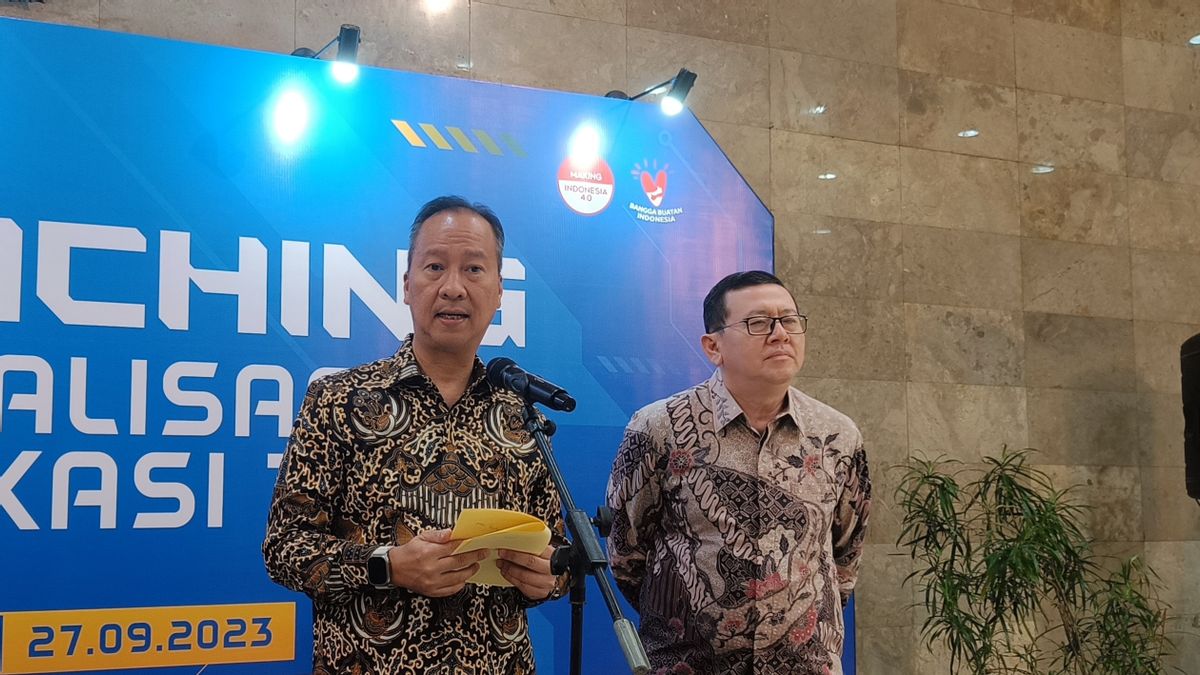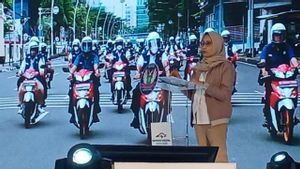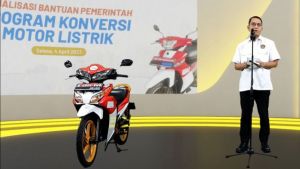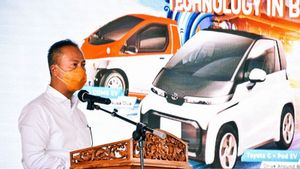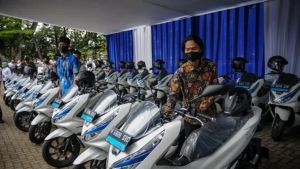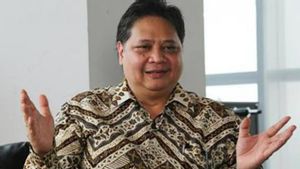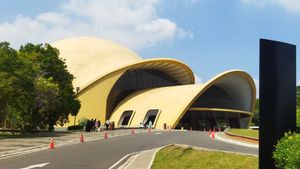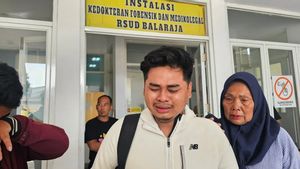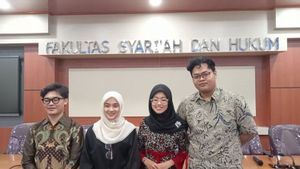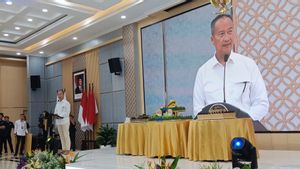JAKARTA - The Ministry of Industry (Kemenperin) said that the subsidy for purchasing electric motorcycles will continue in 2024. However, the total quota provided by subsidies is only 50,000 units.
"Next year, we still have a government assistance program for electric two-wheeled vehicles," said Minister of Industry (Menperin) Agus Gumiwang Kartasasmita to reporters at the Ministry of Industry Building, Jakarta, Wednesday, September 27.
Instead of the government continuing the subsidy of electric vehicles, this figure is known to have decreased.
The target for distributing electricity motor incentives in 2024 is down from this year which is targeted to reach 200,000 units, with a total budget of IDR 1.4 trillion from the Ministry of Industry.
When asked about what caused next year's quota to fall, Agus asked the public not to look at the numbers, but the government's enthusiasm to develop the electric vehicle ecosystem itself in the country.
"So, if that number is relatively what we see it like, but that next year we will prepare government assistance for 50,000 units, it must be seen as a positive gesture from the government to support this program," he said.
For your information, the Ministry of Industry (Kemenperin) targets the production of Battery-Based Electric Motor Vehicles (KBLBB) to reach 600,000 units, by 2030.
Spokesperson for the Ministry of Industry, Febri Hendri Antoni Arif, said that the development of the electric vehicle ecosystem needs to be done in collaboration involving stakeholders including the automotive industry, battery manufacturers, and consumers.
"(The Ministry of Industry) is optimistic that the use of electric vehicles to replace fossil fuel vehicles will be able to reduce carbon dioxide (CO2) emissions," Febri said in a written statement, Saturday, September 9.
SEE ALSO:
Febri said that there are several programs run by the government to accelerate the adoption of electric vehicles, including through the purchase assistance of two-wheeled KBLBB, subsidies for purchasing four-wheeled KBLBBB, as well as programs to support industries that dedicate the development and expansion of EV production facilities in Indonesia.
In addition, said Febri, the government has stated a commitment to reduce CO2 through the National Determined Cont.00tion (NDC). The commitment to transition energy is realized through policies to create the right investment climate for the upstream industry.
"Among them are through fiscal policies in the form of tax instruments such as PPh and VAT, as well as customs policies to increase the ability to produce the right energy mix in Indonesia," he said.
The English, Chinese, Japanese, Arabic, and French versions are automatically generated by the AI. So there may still be inaccuracies in translating, please always see Indonesian as our main language. (system supported by DigitalSiber.id)
